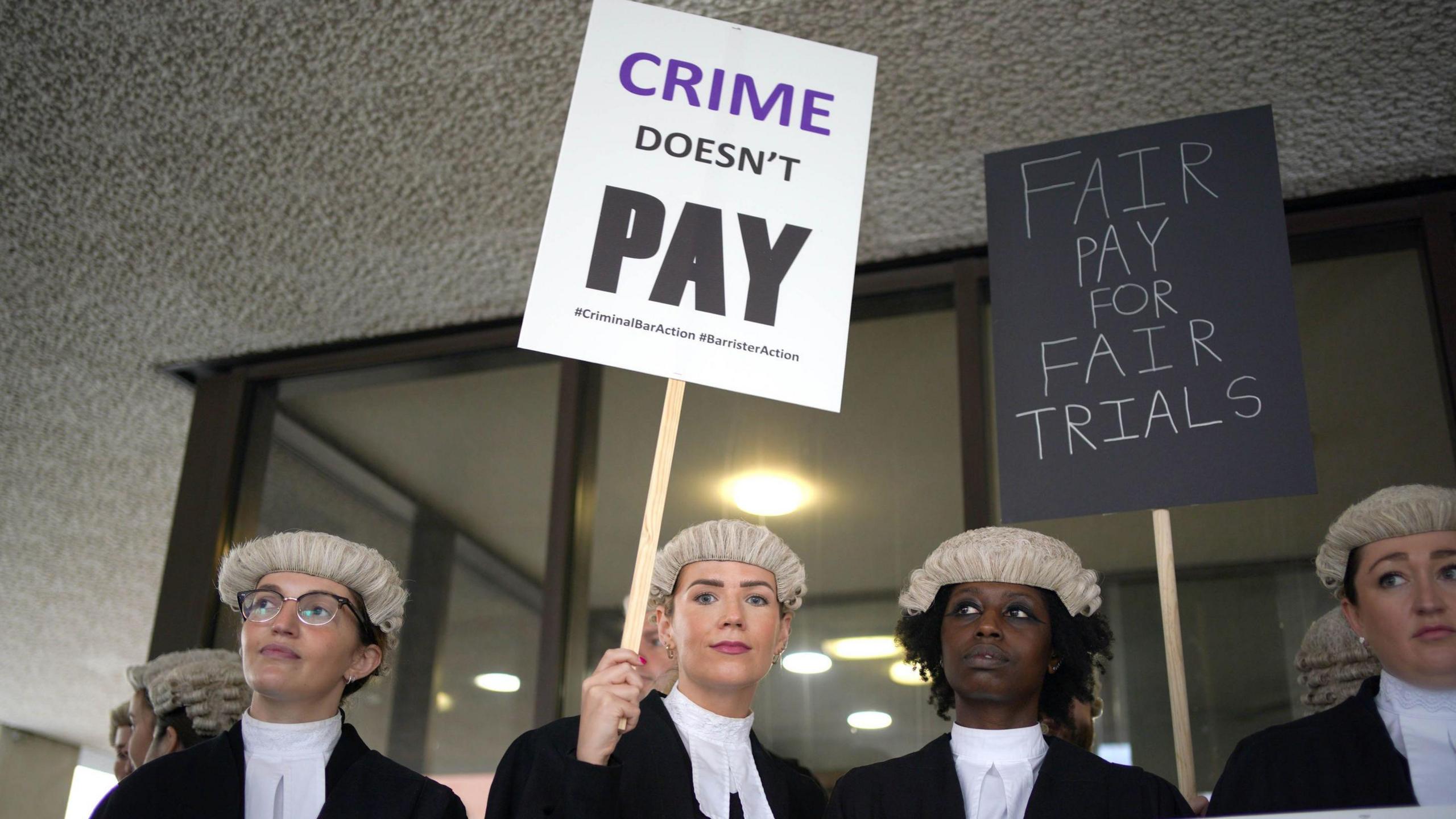Judges move cases to stop delays denying justice
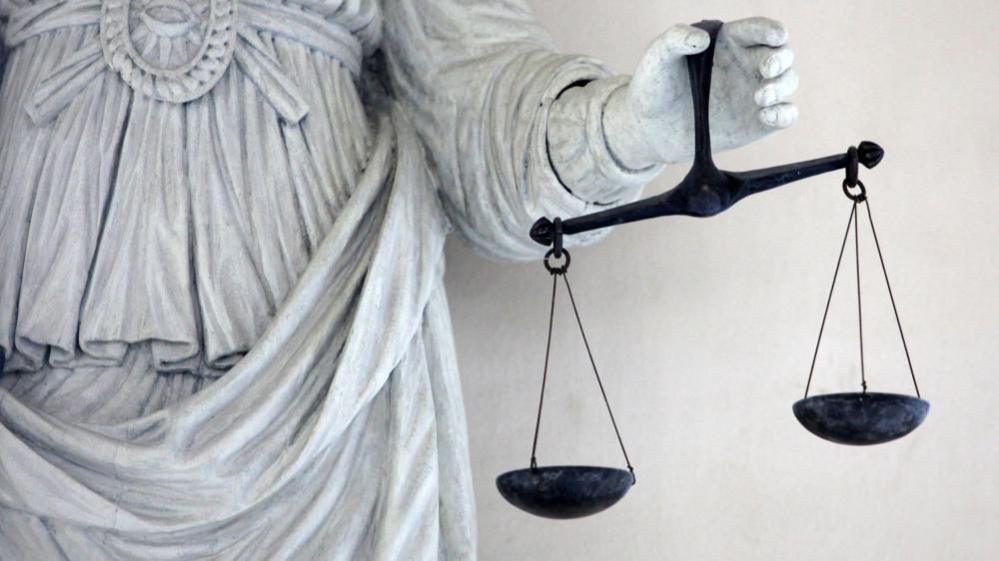
A National Audit Office report found the backlog of crown court cases was higher than ever
- Published
Judges in at least two crown courts in eastern England have moved cases to neighbouring counties in a bid to combat a national backlog of hearings.
Cases listed in Ipswich and St Albans, Hertfordshire, have been switched to Cambridge.
Listings also show that crown court hearings are being overseen in nearby buildings normally used by magistrates in St Albans and Peterborough.
Ministers say hearings are being moved to try to ensure that justice is not denied by court delays.
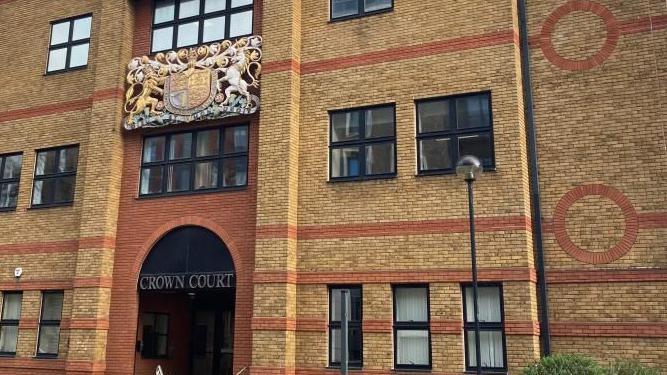
Cases have been moved from St Albans Crown Court
One senior barrister, who did not want to be named, said moves to cut court waiting lists were to be welcomed.
But he added: "People at the lower end of the socio-economic scale will probably be most vulnerable.
"If people don't have cars and have to rely on public transport, then that will take time and mean expense for them."
He said "under-investment" in courts and the pandemic were among the reasons for the hearings backlog.
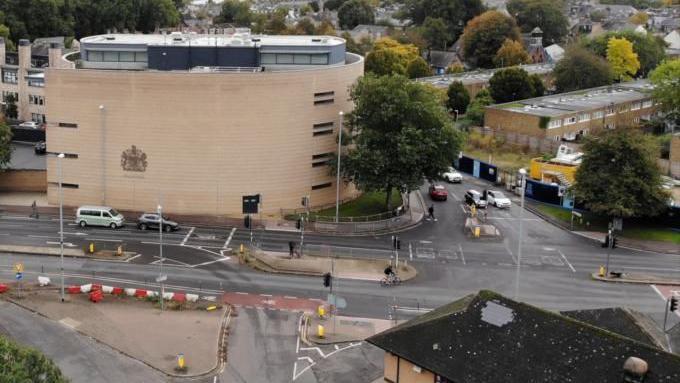
Cambridge Crown Court is dealing with cases from neighbouring counties
Courts minister Heidi Alexander said steps were being taken to cut a backlog of hearings.
A Ministry of Justice (MoJ) spokesman said decisions to move cases were taken by local presiding judges together with officials at HM Courts & Tribunals Service, external, which is responsible for the administration of courts.
MoJ officials said cases from St Albans and Ipswich had been switched to a neighbouring county and the needs of complainants, and any travel difficulties they might face, had been considered.
In May, the National Audit Office (NAO) released a report, external on hearing backlogs.
The NAO's report told how the numbers shot up when courts were closed during the pandemic - and the backlog worsened as lawyers quit or went on strike in a pay dispute.
The NAO said
More than one in four cases were waiting for a year or more to be heard
The crown court backlog was the highest on record
An MoJ "ambition" to cut a crown court backlog of 67,573 cases to 53,000 by March 2025 was no "longer achievable"
In August, Baroness Helen Newlove, the victims' commissioner for England and Wales, launched a survey, external in a bid to "understand the impact" of court waiting times on crime victims.
Results have yet to be published.
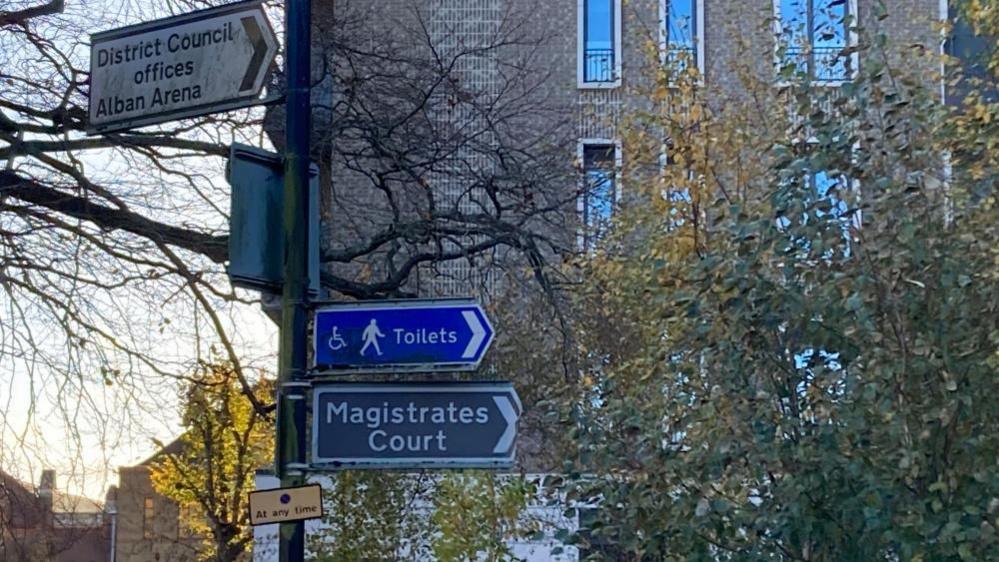
Some St Albans Crown Court cases are being heard in St Albans magistrates' court
Concerns have been raised about case delays in Norfolk and Suffolk.
Norfolk's police and crime commissioner said victims felt "failed" after figures showed almost 1,000 outstanding cases at Norwich Crown Court.
Sarah Taylor said delayed trials made people feel their "hopes of justice" were being put "on hold".
Ipswich Labour MP Jack Abbott recently told MPs about reports of more than 1,000 outstanding cases at Ipswich Crown Court.
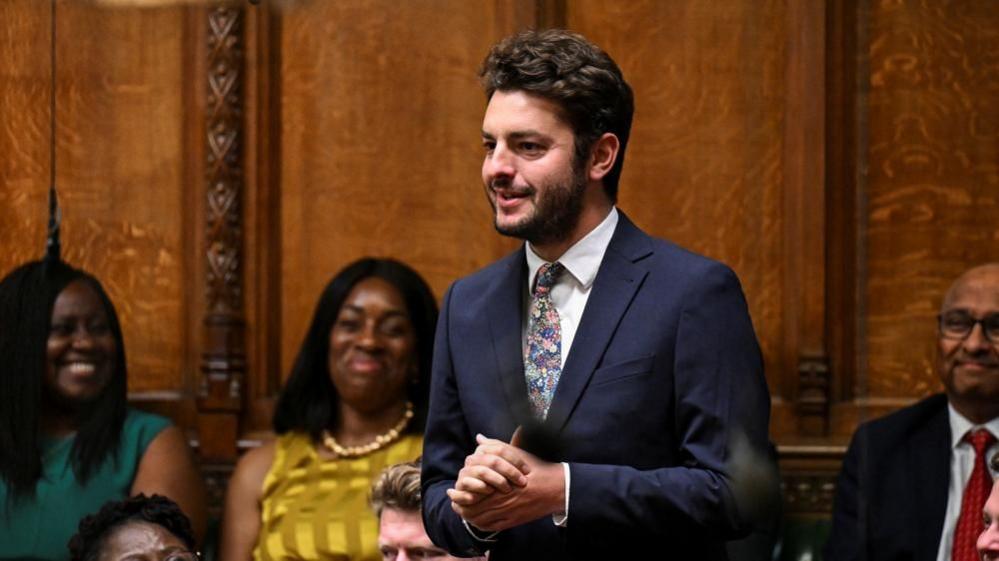
MP Jack Abbott recently told MPs about reports of more than 1,000 outstanding cases at Ipswich Crown Court
Barrister Simon Spence KC told BBC Radio Suffolk that he could not see a "major problem" with west Suffolk cases being moved to Cambridge.
He added: "However, if you start moving cases around the country, the risk of people not being produced in the right place, at the right time, will go up."
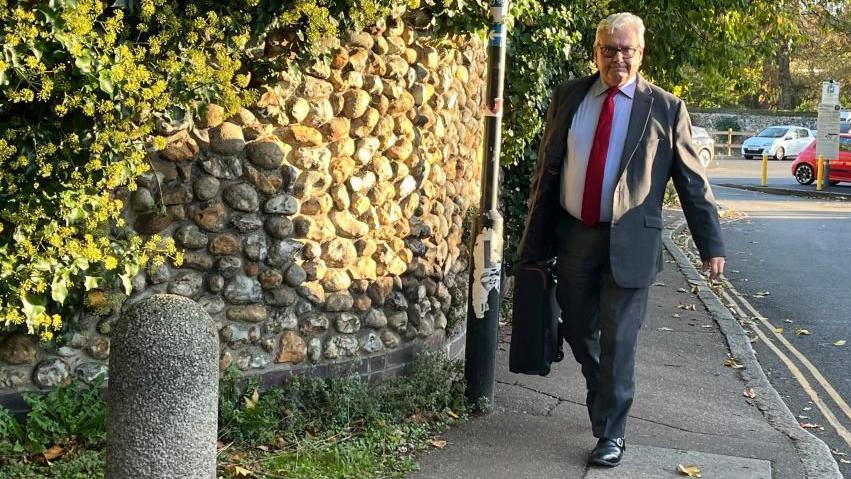
Barrister Simon Spence KC said he could not see a "major problem"
Civil courts have also been hit - and inquests.
In May, a law firm posted a message, external about delays in county court hearings in Essex.
Central Law CIC said courts in Chelmsford, Colchester, Basildon, Southend - and Ipswich, were affected.
Recently an inquest into the death of a convicted sex offender was staged in Peterborough - four years after he died in Littlehey Prison near Huntingdon, Cambridgeshire.
A spokesman for the coroner's office said there were a number of reasons for the delay - one of which was the pandemic.
Get in touch
Do you have a story suggestion for Cambridgeshire?
Follow Cambridgeshire news on BBC Sounds, Facebook, external, Instagram, external and X, external.
- Published6 November 2024
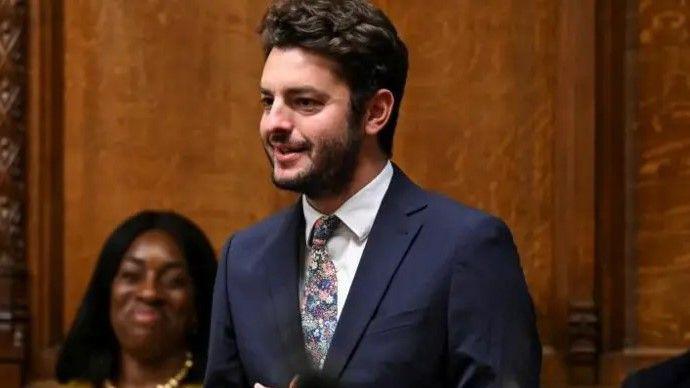
- Published1 November 2024
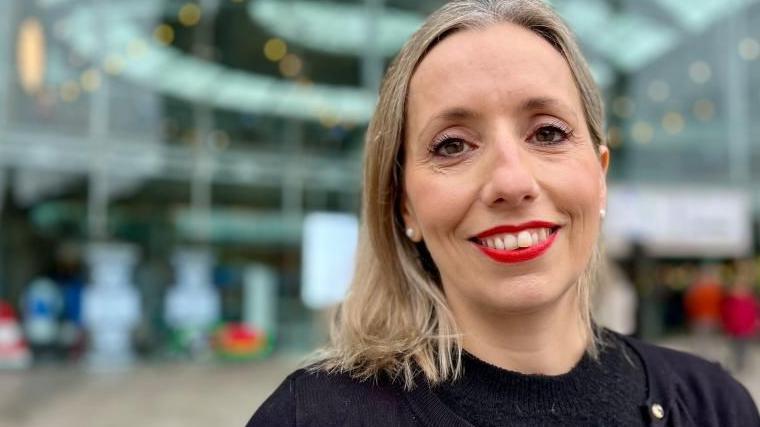
- Published24 May 2024
